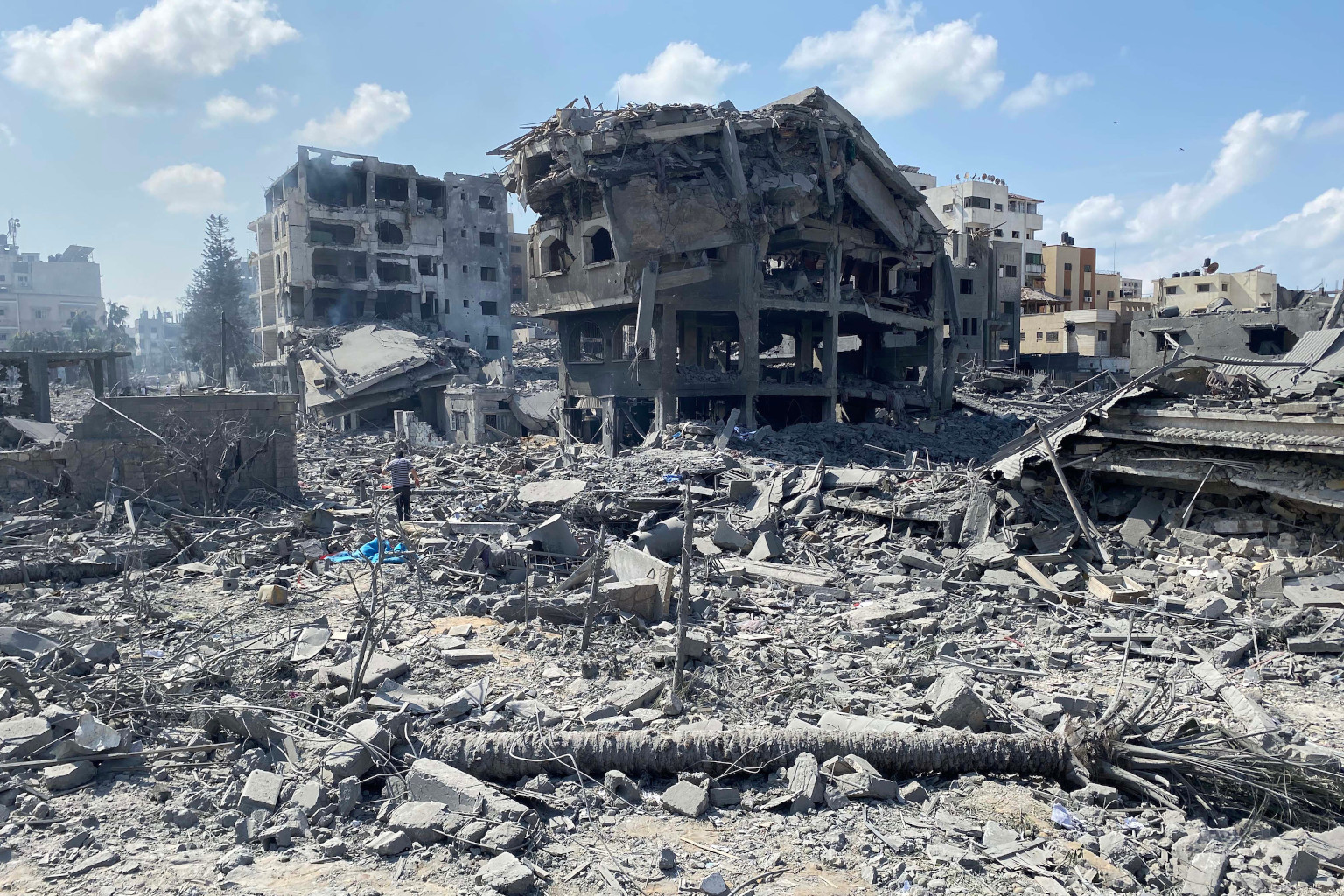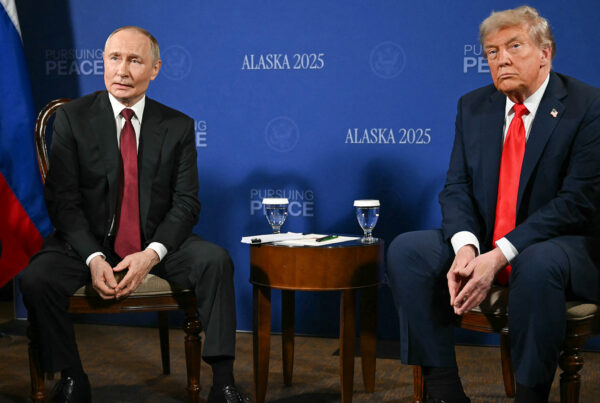Israel is under intense global scrutiny after Prime Minister Benjamin Netanyahu announced a military expansion plan in Gaza that could see up to 85% of the territory occupied. The move is considered the most significant escalation since the war began, risking the displacement of up to one million Palestinians and worsening an already dire humanitarian crisis. Latest data shows more than 61,000 people have been killed and 153,000 wounded, while hundreds have died from starvation due to a food blockade.
Military Operation and Political Objectives
Netanyahu’s plan, approved by the security cabinet, focuses on seizing Gaza City as the strategic command hub. The operation is projected to last four to five months, aiming to end Hamas’ control and facilitate the release of hostages. However, final control of the area is said to be handed over to allied Arab forces, not administered directly by Israel.
IDF Chief of Staff, General Eyal Zamir, has publicly voiced concern, warning of the risks to hostage safety and the high civilian toll. This policy divide has intensified political pressure at home, amid criticism from ministers including Finance Minister Bezalel Smotrich, who says the strategy threatens Israel’s political and economic stability.
Humanitarian Crisis Reaches Breaking Point
The humanitarian situation in Gaza is now at its most severe point. The Gaza Health Ministry reports more than 61,000 deaths and over 153,000 injuries since the conflict began. A strict blockade has crippled food distribution, leaving 100% of the population facing acute food insecurity, with 20% in conditions of extreme famine.
At least 200 people, including more than 100 children, have died from starvation. Vital infrastructure such as hospitals, water supply, sanitation, and communications has been almost entirely destroyed, further hindering humanitarian aid efforts. International organizations such as the UN and the Red Cross have warned of the risk of a wide-scale humanitarian disaster if military operations continue without humanitarian pauses.
Waves of Protest and Global Pressure
In Israel, thousands rallied in Tel Aviv on August 9, demanding the government halt the occupation plan and prioritize hostage releases through diplomatic channels. Similar protests were held worldwide, from New York to London, showing international solidarity with Palestinian civilians.
Condemnations have come from major countries including Germany, France, the UK, and Canada. Germany has halted arms exports to Israel in protest. UN Secretary-General António Guterres has called Netanyahu’s plan a “dangerous escalation” and convened an emergency UN Security Council meeting to address the growing crisis.
Political and Diplomatic Implications
The plan could reshape the geopolitical landscape of the region. Israel’s support among Western allies is showing signs of strain, while Arab nations are stepping up diplomatic pressure through international forums. Some analysts warn this escalation could trigger a broader regional conflict, especially if armed groups in Lebanon or Syria respond militarily.
The United States, while reiterating Israel’s right to self-defense, now faces both domestic and international political dilemmas in balancing security support with humanitarian concerns.
The Israel–Gaza conflict now stands at a crossroads. The policy decisions made in the coming weeks will determine whether the region moves toward resolution or sinks deeper into a cycle of violence. With growing diplomatic pressure and worsening civilian suffering, the world waits for the next step—between further military escalation or an opening for negotiations.




